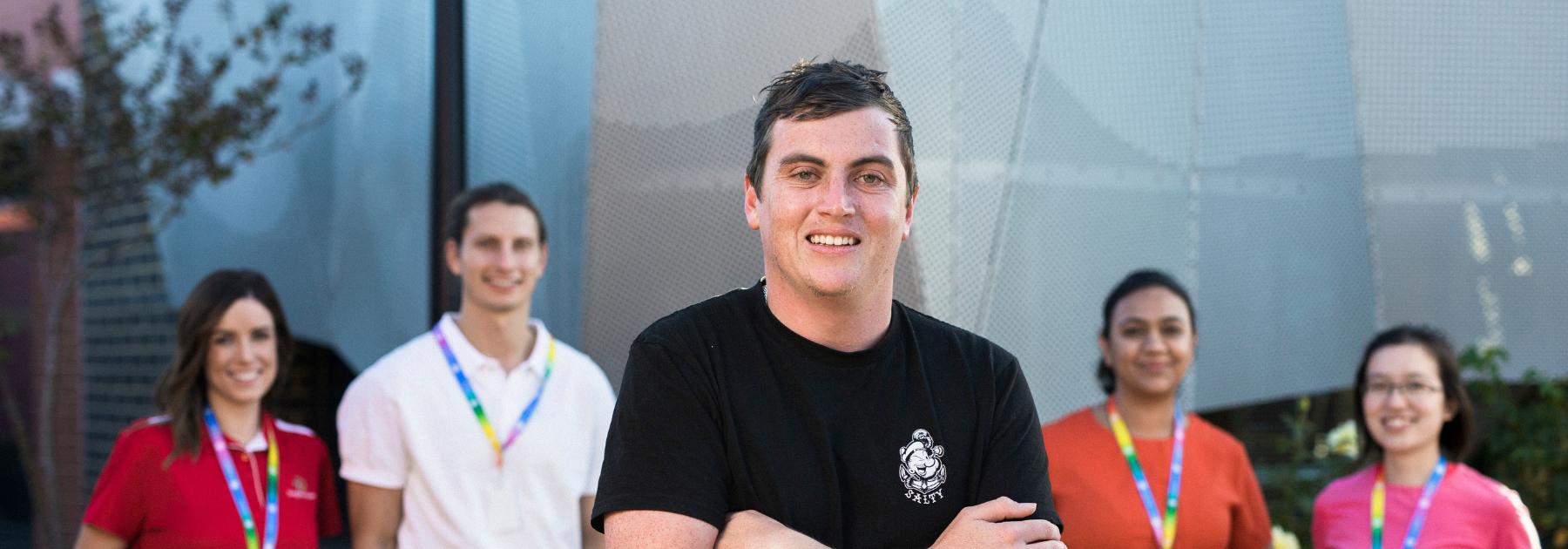
UKROC

In this project, we will investigate whether community rehabilitation programs for people with acquired brain injury (ABI) are not only effective, but also cost efficient.
Why is this research important?
Globally, it is estimated that 1 in 500 people have an acquired brain injury (ABI). These injuries can occur from traumatic incidents, including falls, motor vehicle accidents, and sports collisions, or non-traumatic sources such as stroke, infection, tumour and substance abuse. Individuals with an ABI face significant challenges in community integration, social participation, independence and functional rehabilitation.
Rehabilitation for individuals with an ABI can help people regain their independence, which can reduce the need for ongoing care.
At the Oats St rehabilitation facility, people with an ABI live on-site and participate in a rehabilitation program that often spans 12 to 24 months. Care and support are provided by a dedicated, knowledgeable and passionate clinical team, and activities often occur in the local community.
However, rehabilitation can be expensive upfront, so it is important to understand whether the long-term cost savings offset the initial expenses.
What will we do?
We will assess how a person’s functional independence and care needs evolve from the time they enter the program to when they exit. Based on these changes, we will estimate whether their lifetime care costs are likely to decrease.
What do we expect to find?
We expect that most clients will make meaningful improvements in physical, cognitive, and social functioning. These improvements are expected to lead to significant reductions in the ongoing cost of care across their lifetime.
This will mean that community rehabilitation programs are not only effective at improving independence and functioning for individuals following ABI, but are also cost effective for individuals, families, and wider society.
Findings from this research may support the case for sustained or increased investment in similar community-based rehabilitation programs, helping to shape future service delivery and funding decisions.
Project Information
Lead Researcher(s)
Prof Lynne Turner-Stokes
Director of the United Kingdom Rehabilitation Outcomes Collaborative (UKROC)
Meet the Brightwater Team
Janet Wagland
Sally Wilmott
Georgia Campbell
Adelene Yap
Status
Active